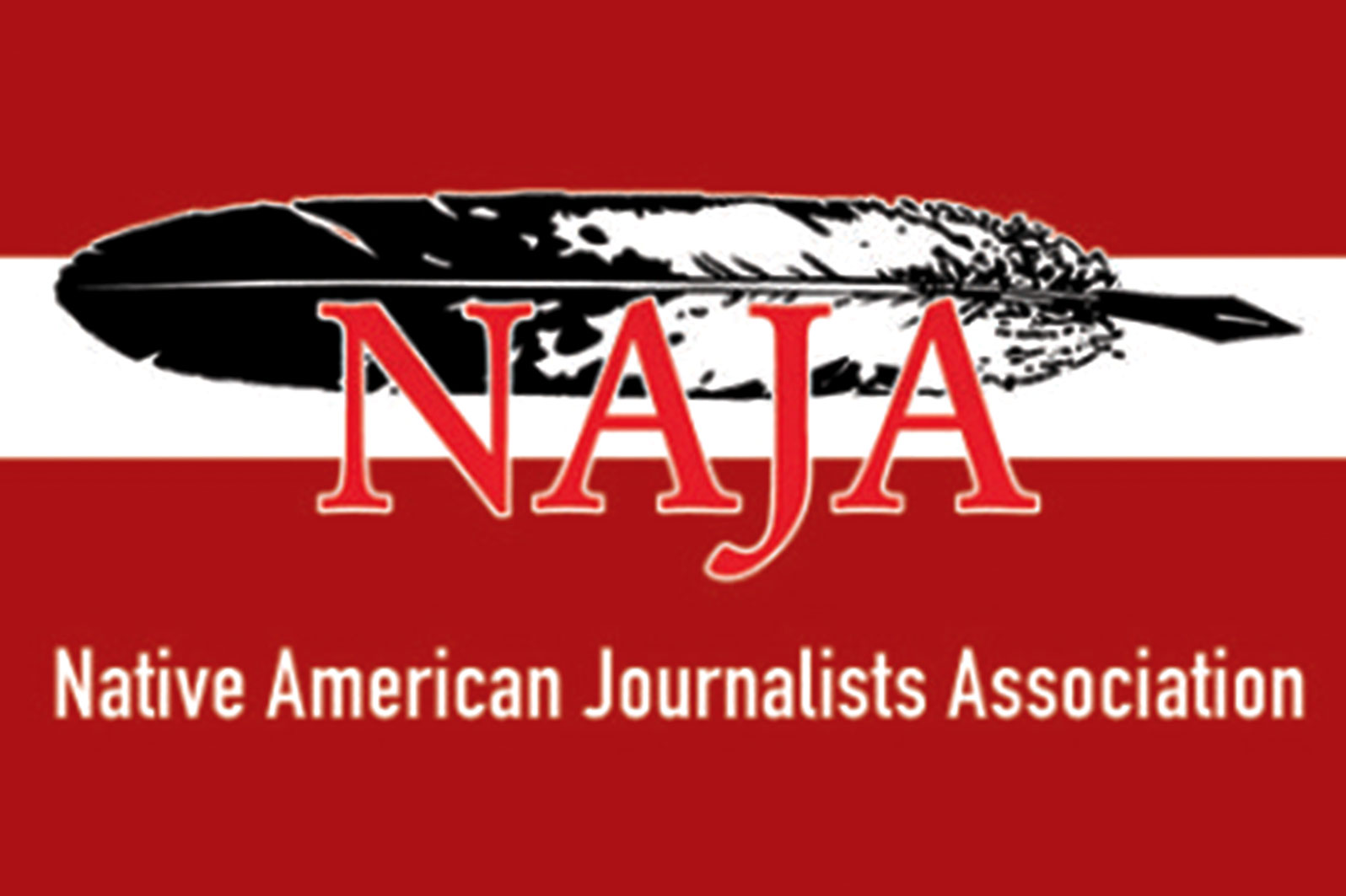The Native American Journalists Association (NAJA) releases three new guides, in three languages, with support from the Canadian Commission for UNESCO
in coordination with National Indigenous Peoples Day 2021 in Canada. NAJA released the three Indigenous Media Guides for reporting on First Nations, Inuit and Métis communities.
With support from the Canadian Commission for UNESCO (CCUNESCO) and in partnership with APTN News, the guides have been published in English, Spanish and French. Each guide, hosted here, is unique and recognizes the importance of including Indigenous culture, language and historical contributions of the First Nations, Inuit and Métis peoples of Canada in ethical coverage of those communities.
The Indigenous Media Guides also feature First Nations, Inuit and Métis artwork.
As part of its mission, NAJA recognizes Indigenous people as distinct and grounded in tradition and culture. In this spirit, NAJA encourages both mainstream and tribal media to attain the highest standards of professionalism, ethics and responsibility when reporting on Indigenous issues.
The Indigenous Media Guides will help reporters meet these standards by providing a context checklist to consider when reporting on First Nations, Inuit and Métis communities. No two tribal nations are the same and reporting on them effectively requires an understanding of the government, economy, geography, treaties, people and culture.
Additional reporting resources are available at www.naja.com.
About the Native American Journalists Association
The Native American Journalists Association serves more than 850 members, including media professionals working in tribal, freelance, independent and mainstream news outlets, as well as academia and students covering Indigenous communities and representing tribal nations from across North America.
About the Canadian Commission for UNESCO
The Canadian Commission for UNESCO (CCUNESCO) is committed both to supporting reconciliation between Indigenous and non-Indigenous peoples, and to freedom of expression. CCUNESCO serves as a bridge between Canadians and the vital work of UNESCO—the United Nations Educational, Scientific and Cultural Organization. Through its networks and partners, the Commission promotes UNESCO’s values, priorities and programs in Canada and brings the voices of Canadian experts to the international stage.

